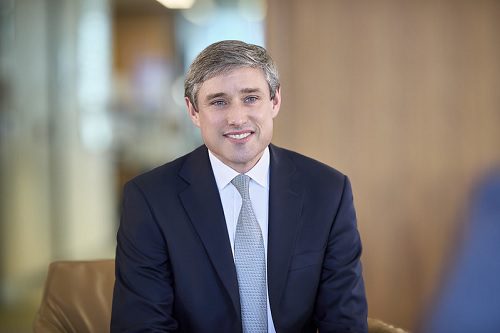Aviva’s Adam Winslow gives keynote address at ABI Climate Summit

Adam Winslow, Aviva CEO, UK & Ireland General Insurance, gave a keynote address at the ABI Climate Summit (8 June 2022).
Adam addressed the challenge for the industry ahead, and how we can set about tackling this challenge for the benefit of the industry, our customers and our planet.
Adam Winslow, Aviva CEO, UK & Ireland General Insurance, said:
“The damage, disruption and turmoil caused by climate change is affecting our planet, our communities and our customers.
Insurers are not immune – February’s storms alone cost the industry £500m, figures from the ABI show.
As insurers, our role is to help ensure the transition to a low carbon future – by insuring it, investing in it, helping to direct it and accelerating its momentum.
Planning is key: I’m proud that Aviva has targeted to be net zero by 2040. Our Climate Transition Plan outlines key milestones to net zero, such as exiting fossil fuel power generation in 2019 and subsequently growing our renewable energy underwriting portfolio by 150%.
We (Aviva) believe the benefits of transition planning should be expanded to the whole economy, incorporating both private and public sectors.
That’s why, with our partner the WWF, we’re calling for national policy and public spending to be aligned with a net zero future, and for climate plans to consider the interlinked question of protecting and enhancing nature and biodiversity.
The aim is to protect against multiple climate events in a more sustainable way, while also improving biodiversity and providing wider benefits to communities.
Our Building Future Communities report expands on this, outlining seven key steps to protect UK properties and build stronger, more prepared communities for the future.
How and where we build, and the materials we use, all need to be carefully reviewed so that construction has a minimal carbon footprint, and our homes and offices can withstand the extreme weather patterns that will be part of our future.
We have the power to make a big difference. Failing to use that influence is one risk we simply can’t afford to take.”





